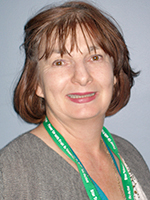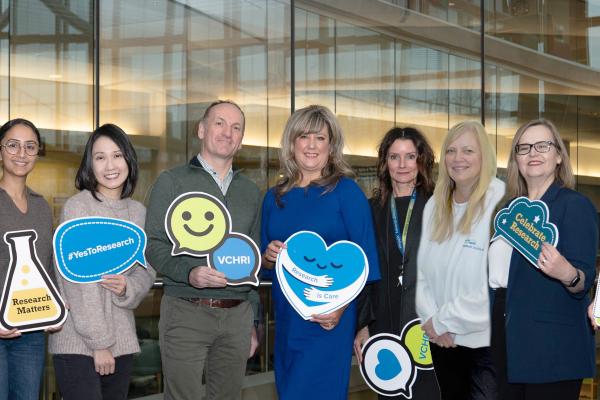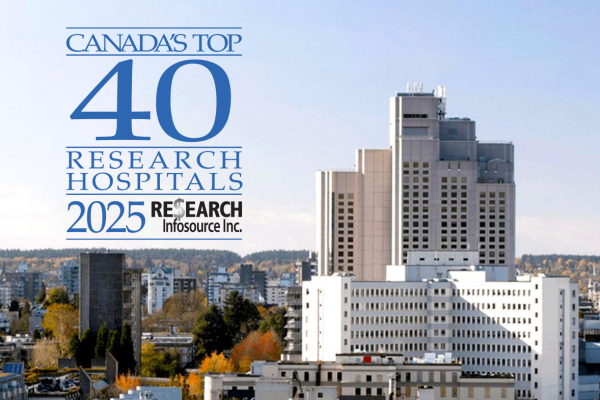
Researchers dig in to hygiene habits to understand high rates of tooth decay in Richmond preschoolers.
Public Health clinicians in Richmond are trying to counter a disturbing trend—almost 20 percent of kindergarten age children have visible tooth decay. It’s the highest rate in the Vancouver Coastal Health Region. Given that tooth decay is preventable with attention to healthy eating and good oral hygiene, clinicians wanted to know more about Richmond parents’ beliefs and practices around baby teeth. Christina Salgado, the Manager of Community and Family Health in Richmond, says it’s important to find out, because tooth decay in baby teeth has significant health impacts.

Public Health in Richmond has a strong system of supporting early childhood development through partnerships with other community agencies and Ministry of Health resources such as Baby’s Best Chance and Toddler’s First Steps. Despite resources and communications that discuss oral hygiene with parents, the message seems to be getting lost. Salgado and her colleagues, with the help of master’s student Amy Booth, reviewed tooth decay rates by neighbourhood. They also interviewed a range of health care providers and ran focus groups for parents in Mandarin, Cantonese, and English.
“We wanted to figure out why the basic messages of dental hygiene are not being grasped and we wanted to understand parents’ perception of dental care. What are parental practices and beliefs?” By gaining a better understanding of gaps in knowledge and practice, Salgado hopes to better target public health intervention strategies.
"We found that for a lot of parents, there was perhaps too much information. Information from non VCH providers and the industry can also be different from that provided by VCH. It became confusing. We now know that we have to have a simpler message about oral hygiene.”
Salgado was pleased to see most parents have a clear understanding that they should avoid giving young children sugary drinks. However, many were uncertain about a lot of basic dental care, such as whether fluoride toothpaste can be used for children or when to start brushing and how many times a day to brush. Some parents thought their pre-schoolers were capable of doing a good job of brushing on their own—they aren’t. Many were getting conflicting messages from their dental care providers and industry. Many infant and children’s toothpastes purchased locally come from the U.S. and recommendations on the container are not applicable to Richmond. Children here need fluoridated toothpaste at all ages because our water is not fluoridated.
Salgado says the confusion amongst local parents shows that Richmond’s oral hygiene information needs to be clear and consistent. She and her colleagues will be crafting simple key messages for sharing with all parents and health and dental care providers through Richmond’s innovative website RichmondKids.

“Every parent wants to do the best for their child. We have a very diverse community. Many speak English as a second language, so we have to make sure our message is clear and simple, so that everyone can understand.”


